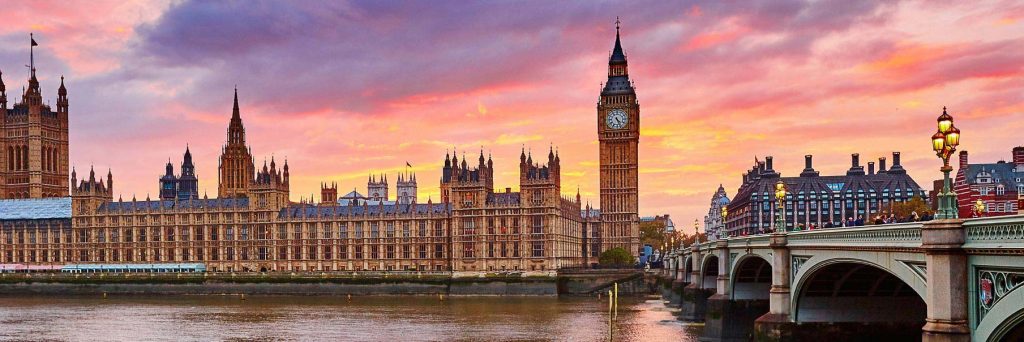Where To Go In London For An Economics-Focused MBA

The study of economics provides an invaluable perspective for anyone choosing a career in business or areas of the government involved in business. Students that decide to earn an economics-focused MBA gain a deeper understanding of the fundamentals that govern domestic and global economic activity. Those students study the forces that drive markets and the economics of the decision-making processes of business and consumers in the market system.
The economics concentration is particularly ideal for analytically focused, logically minded students who want to hone their problem-solving abilities. With these skills, MBA students can enter a wide range of industry in fields such as manufacturing, banking, insurance, communications, retailing, finance, investing, consulting, and more. And the good news is that job mobility is typically high with business economists moving among business firms, government, and nonprofits.
For MBA candidates in London, a concentration in economics is not widely available, but there are a few options. Below, we’ve outlined the four MBA programs that offer a focus on economics and what makes them attractive.
London Business School
The London Business School offers the only MBA program in the city with a concentration in economics. This concentration presents a unique opportunity for MBA students to delve deeply into the topic with nine courses dedicated to the subject. Some of the unique courses offered include:
- Banking and Monetary Policy in the Global Economy: Learn how money and credit are created in modern financial systems, and explore how financial development affects businesses around the world.
- Emerging Markets: Learn how to evaluate the risks and gains of doing business in main emerging markets.
- World Economy: Problems and Prospects: Deepen your understanding of the way the global economy is evolving by considering current issues.
Students at the London Business School also have the opportunity to attend weekly economics seminars and events to further their education.
Cranfield School of Management
At Cranfield, though concentrations are not offered, the core curriculum places a heavy emphasis on economics with two courses devoted to the topic: Economics of Organizations and Strategy and Global Macroeconomics and Business Environment.
Economics of Organizations and Strategy: covers an introduction to the microeconomics concepts of demand, revenue, costs, and profits. It focuses on firms and how they deal with uncertainty in various market structures.
Global Macroeconomics and Business Environment: helps students develop a deeper understanding of the impact of developments in the macroeconomic environment at both the national and international level. It also delves into the consequences of macroeconomic developments and policies for governments, society, and the corporate world.
The Financial Times Global MBA Ranking 2017 ranked Cranfield first in the world for economics. The school’s economics group is a foundation of the Cranfield MBA and headed by professor Joe Nellis.
“We live in a truly global world and at Cranfield we have always prided ourselves in making sure that we give our students the best possible education when it comes to understanding the global economy,” said Nellis. “We are privileged to have some exceptional faculty from around the world who really bring the issues to life for our students.”
Imperial College Business School – Imperial College London
Though Imperial does not offer an elective pathway focused on economics that could be because it’s a major part of their core classes. During an MBA student’s first module at Imperial, they’ll take a course titled, “Business Economics.” Then, during their third module, they’ll take “Macroeconomics.”
- Business Economics: This course takes students through the logic of markets and business opportunities. Students will gain an understanding of how firms interact in large markets and with other players. They’ll also learn about supply, demand, welfare, games, and strategic behavior.
- Macroeconomics: This core course analyzes the macroeconomic backdrop against which businesses and the government operate. Students will analyze how firms and consumers make decisions and how those decisions interact to generate aggregate outcomes such as: total output (GDP), employment, inflation, and balance of payments.
Judge Business School – University of Cambridge
Judge includes three economics focused courses in its core curriculum, which makes up for the fact that economics is not included in the list of eight MBA concentrations. The three courses offered are:
- Microeconomics: This course covers the standard economic models of individual decision-making. It delves into the models of consumer behavior and producer behavior.
- Corporate Governance: An Economic Perspective: Corporate governance is an essential part of any financial system. This course looks at how economics can result in fundamental and structural changes in a market-based economy.
- Macroeconomics: This course covers modern macroeconomics, and will look at economic growth and long-run economic development.
